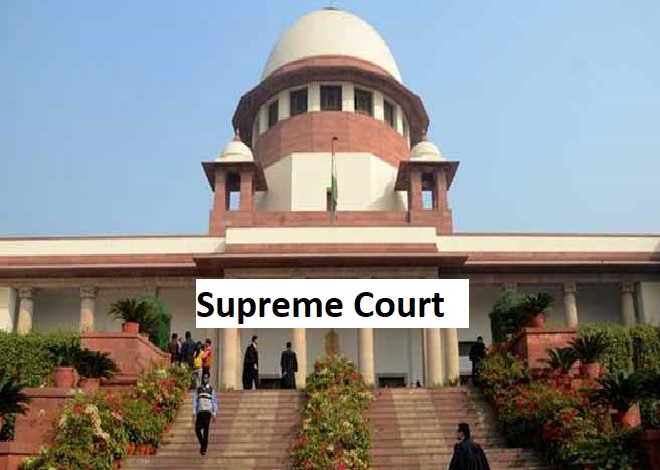


The Court ruled that finding incriminating items in public places isn't enough to establish guilt. Section 27 requires the discovery to result directly from info provided by a person in custody.
The Court cited Nikhil Chandra Mondal v. State of W.B. 2023 (SC) 171, which emphasized that a knife recovery from a public place accessible to everyone doesn't suffice for legal purposes. The trial court's approach aligned with the law, but the High Court wrongly used this circumstance to corroborate an extrajudicial confession.
Additionally, it cited Jaikam Khan v. State of UP (2021) 13 SCC 716, where the court had stated that recoveries from places accessible to the public are unreliable and should not be relied upon.
The Supreme Court, with Justices Abhay S. Oka and Sanjay Karol, heard an appeal against the Karnataka High Court's judgment. The High Court overturned the trial court's acquittal, convicting six appellants under Section 304 Part II IPC, sentencing them to 4 years of rigorous imprisonment. The acquittal of the others was upheld.
To begin, the court deliberated on the prerequisites for Section 27 of the Evidence Act, drawing from the Privy Council's Pulukuri Kotayya v. King Emperor, a position reaffirmed in Mohd. Inayatullah v. State of Maharashtra.
The court emphasized that under Section 27 of the Evidence Act, only the information directly linked to the discovered fact is admissible. The phrase "distinctly relates to the fact thereby discovered" is pivotal, denoting the portion of the accused's information directly and immediately responsible for the discovery.
Applying these principles, the court initially found that all three essential conditions were met. However, the court supported the trial court's decision to exclude this evidence, as the recoveries occurred in public or shared spaces where other people also lived.
In its final observation, the Court noted that sticks, whether bamboo or otherwise, are common objects in village life. Therefore, these ordinary objects, especially when found in publicly accessible places, cannot be employed to establish the guilt of the accused individuals.
As a result, the court overturned the convictions imposed by the High Court on the appellants
TAGS: Court Conviction High Court Appellants Sticks Public Access Village Life.